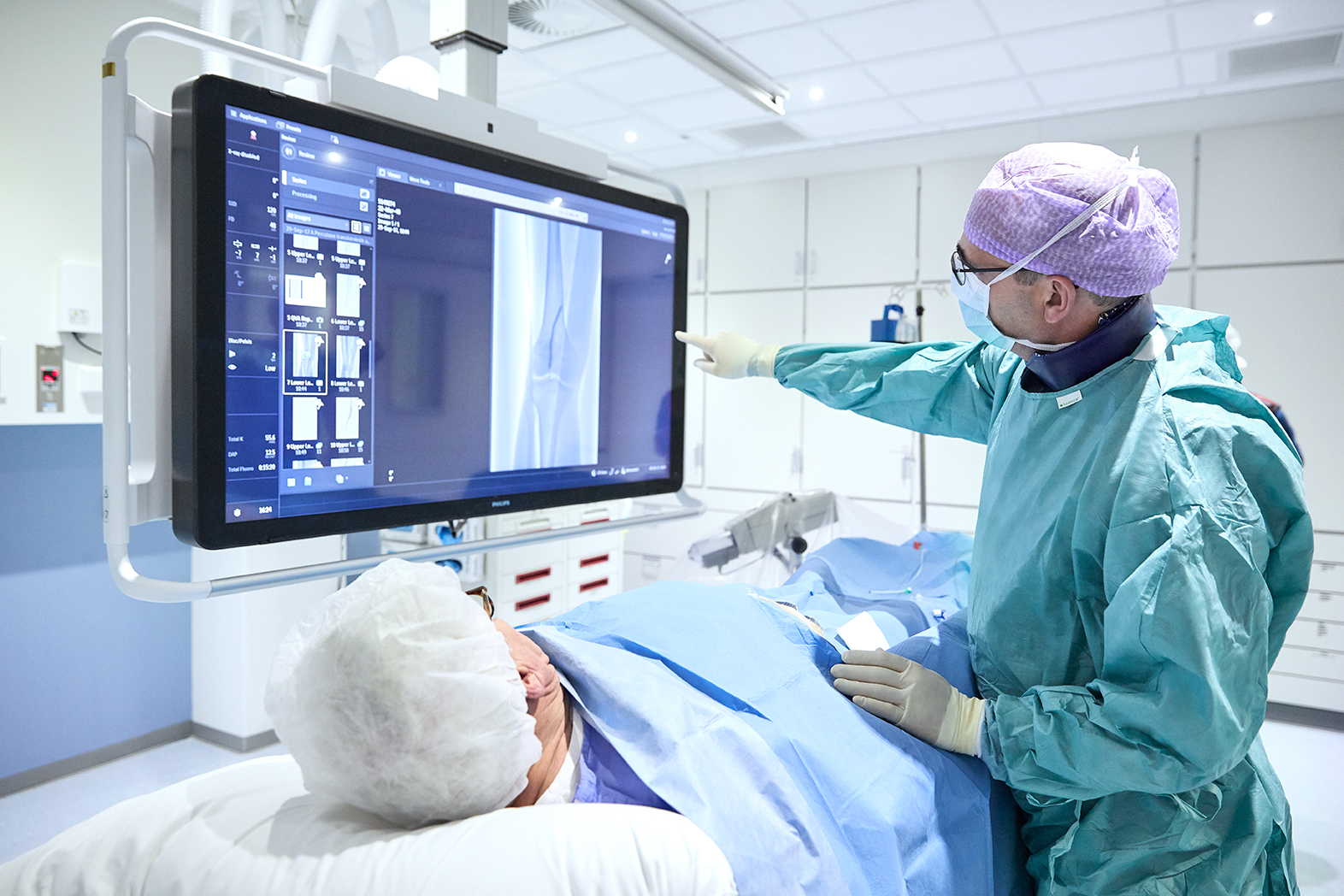
Philips earnings for the third quarter of 2020 showed a 32% growth, surpassing predictions as demand for hospital equipment increases.
The Dutch health technology company announced that their earnings before interest, taxes and amortization (EBITA) rose to 769 million euros ($900.1million) in the July-September period, while comparable sales increased by 10% to 4.98 billion euros.
The prediction of analysts polled by the company for its core earnings was 630 million euros, on 4.82 billion euros of sales.
The increase in Philips earnings for the third quarter is attributed to a 42% increase in sales of the connected care division. This sector produces monitoring and respiratory care devices for coronavirus patients.
According to an update, the company said it predicted an average sales increase of 5% to 6% per year between 2021 and 2025, with the adjusted EBITA margin rising by 60 to 80 basis points each year.
However, Philips expects a “low-single-digit growth” for 2021 as demand for COVID-19 equipment is predicted to subside.
Philips retained its outlook for moderate sales increase and a stable EBITA margin for the rest of the current year.
Samsung's profit
Like Philips, Samsung also saw its profit rise for the three months that ended in September likely rose 58% from a year ago.
Operating profit for the quarter likely came in at 12.3 trillion Korean won (about $10.6 billion) up from 7.78 trillion won a year ago, Samsung said in its earnings guidance. That was higher than the 10.5 trillion analysts predicted for the September quarter, according to Refinitiv SmartEstimate.
Consolidated sales were approximately 66 trillion won for the quarter, up about 6.5% from 62 trillion won a year ago.
Samsung shares traded down 0.33% Thursday afternoon, trailing South Korea’s benchmark index which was up 0.16%.
Though the company did not provide a breakdown on how each business unit performed, analysts said that the September quarter results were driven by an uptick in smartphone sales, and higher overall memory-related earnings.
“I think a large part of it seems to be smartphone units were up a lot. We did have a chance to talk to the company briefly this morning and seems like the smartphone units have been very, very strong in Q3,” Mark Newman, managing director and senior analyst at Bernstein, said on CNBC’s “Street Signs Asia” on Thursday. Newman explained there was a rebound in demand for Samsung’s flagship smartphone models including the Galaxy Note 20 and preliminary sales of its new foldable phone appeared to also be doing well.
Apart from the mobile division, consumer electronics and home appliance businesses likely contributed to Samsung’s strong earnings for the third quarter, according to SK Kim, executive director at Daiwa Securities. He explained Thursday on CNBC’s “Squawk Box Asia” that an improvement in Samsung’s cost structure, a shift to online marketing platforms in light of the coronavirus pandemic and pent-up demand helped bolster the company’s earnings.
Low memory chip prices due to an oversupply in the market likely affected Samsung’s main profit-making semiconductor business. A report this week from semiconductor researcher TrendForce said the average selling price for memory chips is expected to remain weak in the fourth quarter of 2020 and decrease by about 10% on a quarterly basis. That was despite many smartphone brands stocking up memory products in light of U.S. sanctions on Huawei, the report said.






